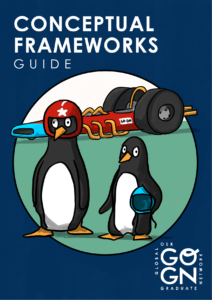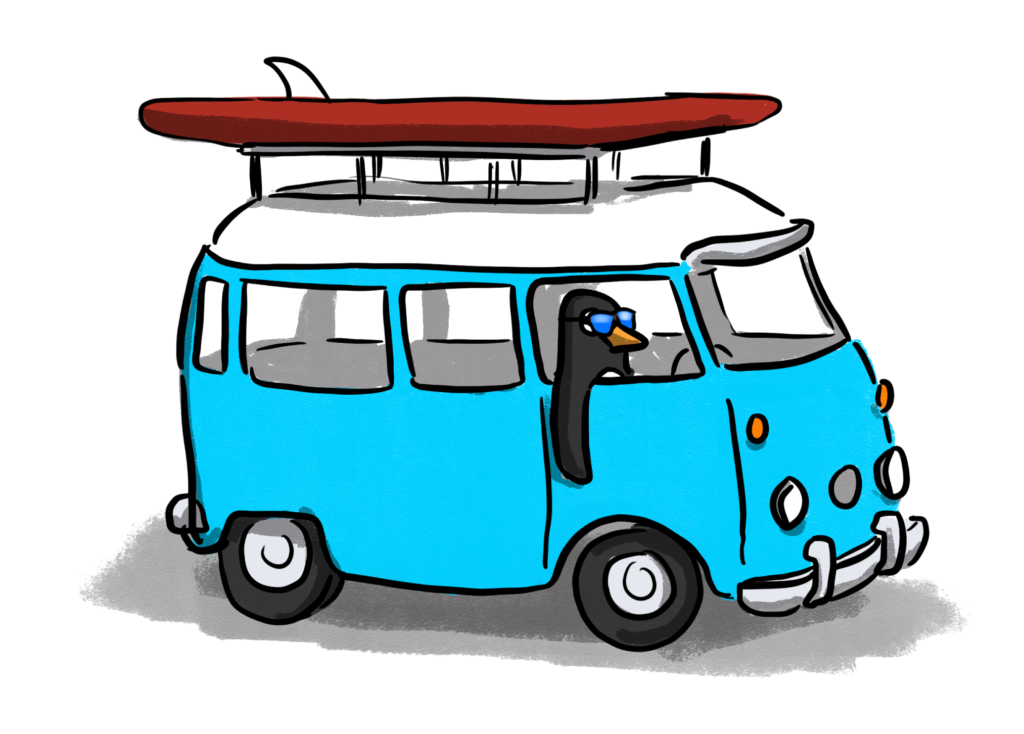GO-GN conceptual framework

Last year the GO-GN network, under the careful stewardship of Rob Farrow, created a Methodology Handbook. It provided guidance on the function of research methodology in a PhD, and different perspectives on what constitutes a methodology. Members of the network then contributed the methods they had used in their own doctoral studies to provide a rich handbook that was useful to anyone doing OER research, but also more widely.
It was big success and has been downloaded over 10,000 times. We had always planned to do a companion piece, which was the Conceptual Framework guide. This was once again led by Rob, with input from the GO-GN members, and accompanied by lovely Bryan Mathers images.
The conceptual framework was probably a more tricky one to define, what exactly constitutes a conceptual framework is not easy to define, and their role in a thesis varies. Rob has done an excellent job in explaining these issues and setting out an approach. Once again, the contribution from the network provides a variety and depth that would have been difficult to achieve on your own (and impossible without about a year to research effectively). Download the Conceptual report here (PDF).
The images are playful, but that shouldn’t detract from their important function in this and the Methodology report. In dialogue with Bryan the metaphor we worked with was that of a ‘wacky races‘ type representation (you don’t need to be familiar with the series to get it). The conceptual framework is the ‘vehicle’ that transports you on your research journey. It can come in different shapes and sizes, is customizable, and you may need to cobble it together yourself. This provided a lot of fun imagining the GO-GN penguins steering different modes of transport, but also makes a very complex subject more approachable. For me, the role of the graphics is to say to the reader “this is for you, and you are welcome”. Download a zip file of the images here.
Like the methodology report it has applicability beyond the OER research field, and combined these two publications represent a very useful starting point for anyone starting (or teaching on) a PhD program. If you do make use of it, let us know!
They both represent the power of the network also, and the participation of so many of the GO-GN members speaks to how much they see sharing as part of their practice. Special credit goes to Rob – gathering the input of so many differing voices and combining it into a coherent, meaningful document is a special skill. As the proverb goes, if you want to go fast, go alone; if you want to go far, go together.


One Comment
Robert Farrow
Thanks Martin! I think you have to take credit though for the idea of doing one on ‘conceptual frameworks’ rather than ‘theory’ which is where I think it might otherwise have ended up. I definitely learned quite a lot working on this.